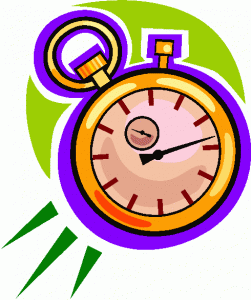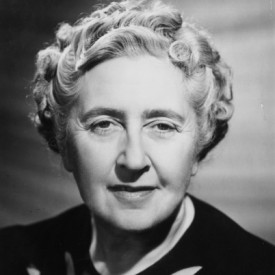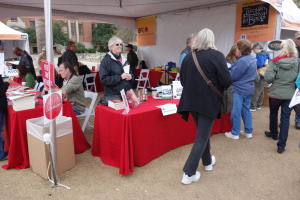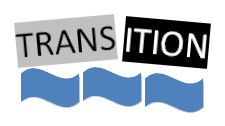 Pacing in writing is essential. It can make a story or break it. Good pacing can tune a good story into a masterpiece, or bad pacing can reduce it to caterwauls.
Pacing in writing is essential. It can make a story or break it. Good pacing can tune a good story into a masterpiece, or bad pacing can reduce it to caterwauls.
Some months back, I read a new book by an author I like. I expected good things. Unfortunately, the pacing of the story left me frustrated and just anxious to get the durn thing over with. The protagonist, an investigator, was frequently approached by a mystery woman who may have had information he needed. The meetings usually consisted of her appearing suddenly, saying she needed to tell him something, then leading him to a small café or down a deserted alley. She spoke cryptically; he asked questions which she danced around, they both became angry and she rushed off. Over and over.
The author may have thought the emotionally-fraught meetings were adding tension to the story, but they added little else. They added no additional information. They did not move the story forward. Their only purpose, that I could see, was to frustrate me and make me less inclined to care if I finished the book or not. Continue reading “Pacing…in Writing…Is…Everything”


 I used to live in Tucson, Arizona, where they started a new Book Festival back in 2009. That first year, there were over 50,000 attendees, and by the third year that number had jumped to 100,000. Quite quickly, the
I used to live in Tucson, Arizona, where they started a new Book Festival back in 2009. That first year, there were over 50,000 attendees, and by the third year that number had jumped to 100,000. Quite quickly, the  Have you ever read a book where the scene is progressing nicely, things are happening, people are talking and then … you’re somewhere else. From one paragraph to the next, you’ve gone from a moonlit beach to a crowded avenue. You were just starting to understand the relationship between John and Marsha and now suddenly you’re introduced to Tony.
Have you ever read a book where the scene is progressing nicely, things are happening, people are talking and then … you’re somewhere else. From one paragraph to the next, you’ve gone from a moonlit beach to a crowded avenue. You were just starting to understand the relationship between John and Marsha and now suddenly you’re introduced to Tony.